One of the mysteries that people would love to know is what Henry VIII thought about Anne Boleyn as he grew older. Did he still think he did the right thing in having Anne Boleyn executed? Or did he regret his decision?
In this month's expert talk, historian and author Sandra Vasoli looks into the facts behind this fascinating subject.
- Cosmographie Universelle
- Andre Thevet
- Landsdowne 979

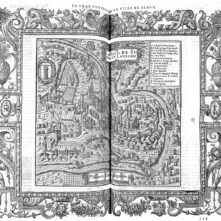
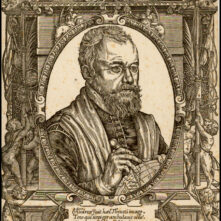
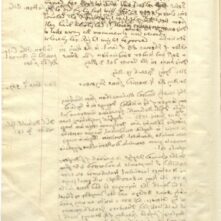
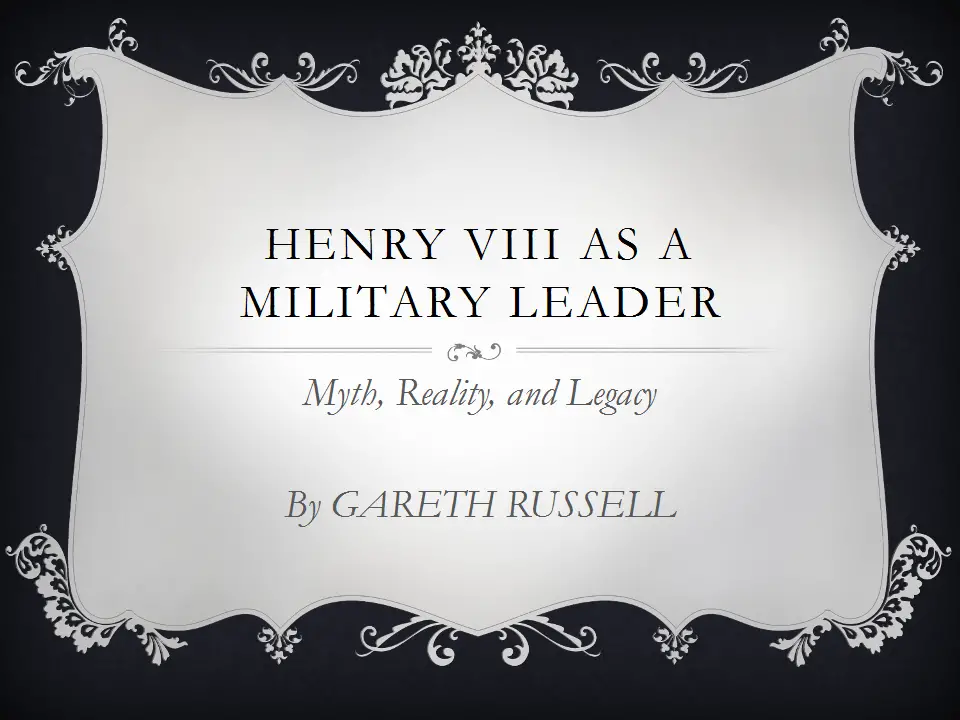
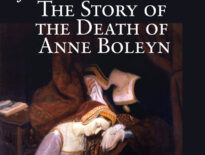
Thank you! That was really interesting. I appreciate your time. Michelle t
Fascinating, thank you. It makes me wander how much other information is out there waiting to be discovered. I have your book and I would highly recommend it.
A very interesting talk indeed. Very thought provoking too! Fascinating that there are records that indicate that King Henry VIII (just prior to his death) ‘may have’ admitted to Queen Anne Boleyn’s innocence, and thus the legitimacy of his daughter Elizabeth’s birth. As indicated by his Will – including both Mary and Elizabeth in the line of succession after his son and heir Edward. Such a pity that it has taken to the 21st century for the truth (maybe known to others in Tudor times, that Anne Boleyn was innocent and the men with her) to be now ‘considered’ known! I for one, believe that Henry ALWAYS knew of her innocence (and that of the men) but allowed them to all to die, so that he could ‘move on’ in HIS life by taking THEIRS. A tragic end for Anne Boleyn and the men and I pity them all, but I feel NO pity for Henry, who (in my eyes) had them all ‘legally’ murdered – and knew it. A Coward Tudor King! Harsh words maybe, but this is what I believe. I enjoyed your talk very much. “Thank you”! … Lyndell Prewett from Australia
If I may, I wish to ‘correct’ an error I made in my previous comment. I wrote that Henry was “A Coward Tudor King!” I take that back! He was no coward. I’m not a wordsmith and couldn’t (and still can’t) find the word that best describes what I meant to say. Angry at what he did, and let be known as truth for so long (when Anne was indeed innocent) to find out that he most likely admitted she was ‘set up’ and in fact innocent upset me greatly. The word ‘coward’ was poorly chosen. ALSO he apparently only made this admission because he was dying and as a Christian man (as he was) he knew he had to put any wrongs he had done right in ‘confession’ to protect his soul, even though by doing so he couldn’t change what he had done. ALSO during the talk, it was mentioned how Henry was a romantic believing in marrying for love. This may be true, but sadly for ALL his wives he brought little love of a husbandly kind to any of them. Maybe initially – but never totally. His last marriage I think was one more for companionship of a woman during his final years than the need for a Queen. Just my view of course. Again “thank you”! Lyndell from Australia
Enjoyed this so much! In my heart, I would like to believe that Henry regretted the railroading of Anne. He could be pretty despicable, and I don’t like him much of the time, but I don’t want to believe that he felt no guilt over the false accusations and murder of a woman (not to mention several of his closest friends and advisors) he moved Heaven and earth to marry. It would make him a complete monster of no redeeming value.
I have often stated that I felt Henry regretted much of what he did in life, even whilst doing it. I think Henry knew Anne and the others were innocent but he agreed with Cromwell that this was the best way out of a marriage he no longer wanted. He couldn’t go down the road of another messy, expensive and long-term annulment simply because he would look a complete fool. His whole mindset on his first marriage was that was illegal and this second one with Anne was meant to be the one true marriage, the one God was going to bless. Henry had indeed moved heaven and earth to marry Anne, broken from Rome, executed his friends, etc, because he needed to protect his marriage with Anne from opposition. Now if he decided this marriage was invalid, he was saying all that was for nothing and he was wrong. Henry couldn’t be wrong. The only thing he could do was make a clean break.
Cromwell had found the perfect way and Henry was both putting on a show of anger and grief and allowing this to play out. I think in private he even deep down had regrets of starting this whole process because his friends were amongst the accused. I think he cut himself off and pretended Anne no longer existed in order to cover his true feelings. Then maybe there was a point that he believed all this rubbish and no longer cared. He wanted Anne gone. It was much longer, maybe even years later that he started to regret the haste with which he had acted. It makes perfect sense that evaluating his life at the end, Henry even repented and began to mourn her loss.
Very interesting finds. I don’t believe Henry was a coward, he was insecure and easily persuaded during these years that he was more paranoid and his personality was changing as well for many reasons. It’s impossible to get into the mind of a man 500 years in the past. But Henry was a passionate man and he was deeply affected by things. He felt failure and betrayal very keenly. He felt friendship and love keenly and that made him react just as violently as his feelings. People often say he was not capable of feelings. You only have to read his letters, written in his own hand to one woman to know that is just not true. I don’t think we can condone in any way Henry’s treatment of Anne, her judicial murder and those who died with her, but I also believe it is equally important to acknowledge that Henry was still a human being and although capable of deep cruelty, he was also capable of passion, love and kindness. I find it impossible to accept that he wasn’t also capable of regret.
interesting this book was published around the time of the anjou negotiations